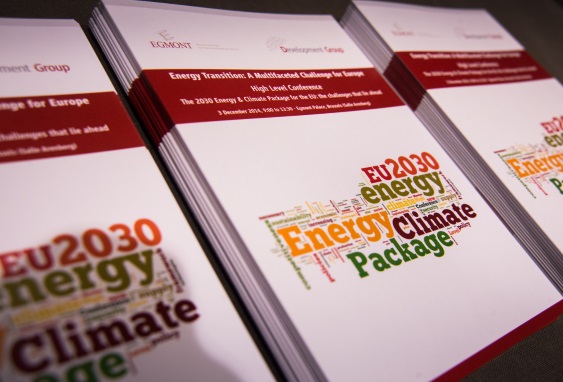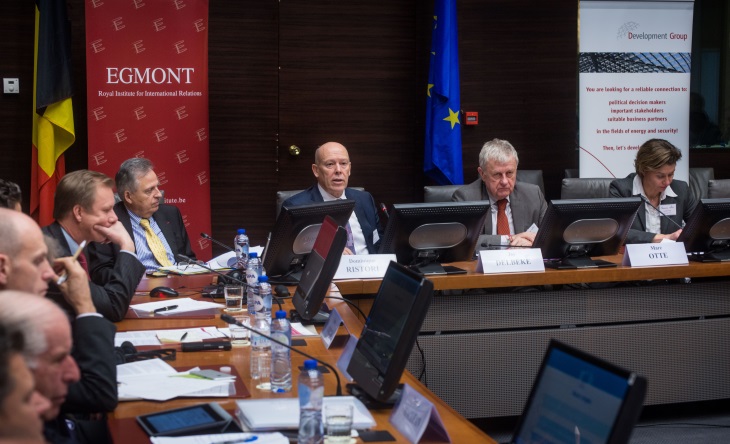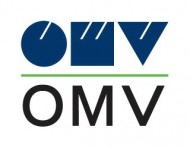High Level Conference – The 2030 Energy & Climate Package for the EU: the challenges that lie ahead

Date
3 December 2014
Location
Egmont Palace, 8bis, Place du Petit Sablon, 1000 Brussels (Salle Arenberg)
On 23 October 2014, the European Council finally agreed on the new 2030 Climate and Energy Policy Framework. This Policy Framework aims at making the European Union’s energy system more competitive, secure and sustainable. However, the various presentations and discussions have shown that reconciling these three objectives in the new 2030 package will not be easy. While energy security concerns are on the rise, the EU must take care of the impact of its climate policies on the competitiveness of its industry, ensures affordable energy for all consumers, increases the security of the EU’s energy supplies, reduces its dependence on energy imports, creates new opportunities for growth and jobs, while trying to be a global climate leader. The challenge is simply huge!
The most important lesson learned from the 2020 package is that if the EU wants an effective energy and climate policy, it has to be comprehensive and not simply tied to sustainability. Most of the stakeholders present at the conference agreed on the fact that the strategy of the new 2030 package is rather good. In order to prevent competitions between the various targets, the package envisages one main target, i.e. a reduction of 40% of CO2 emissions by 2030 compared to 1990, and a central tool to achieve it, i.e. the EU Emission Trading Scheme (ETS). Of course, the EU could have committed to a more ambitious target but it can be considered as a rather good compromise, given other concerns from countries about competitiveness and coal burning. Moreover, the deal provides a valuable momentum for the international climate negotiations in Paris in 2015.
However, in a continuously changing global and European energy landscape, it is key to anticipate tomorrow’s problems and to provide predictability for investors. The strategy of the 2030 package is therefore not sufficient. Now, the challenge will be to develop the right policy instruments, particularly the EU ETS, efficient implementation mechanisms, and a strong governance at all levels (local, national, regional, European, and global). This will require political will.
Please find hereby the complete report and the agenda of the Conference.
Have a look at the pictures here.
SPEAKERS’ MATERIALS and AGENDA
09:00 – 09:15 Welcome addres
Claudia HERING, Head of Public Affairs, Development Group
and Marc OTTE, Director-General, EGMONT Institute
09:15 – 09:30 Keynote addres: Main challenges of a new European climate and energy policy
Jos DELBEKE, Director-General, DG Climat, European Commission, speech based on the 2030 EUCO Conclusions
09:30 – 11:30 1st Session: The necessary balance: Can the 2030 Energy & Climate package reconcile competitiveness, security of supply and sustainability in the EU
- Hans BÜNTING, CEO, RWE Innogy GmbH
- Simon BAKER, President, ALCOA Europe
- Robert DURDILLY, President, French Union of Electricity (UFE)
- David MACLEAN, Manager for Natural Gas Liquids and New Business Development (Europe & Caspian), ExxonMobil Gas & Power Marketing
Discussant: Dominique RISTORI, Director-General, DG Energy, European Commission
Chair: Prof. Sami ANDOURA, Senior Associate Fellow, EGMONT Institute & Senior Research Fellow, Jacques Delors Institute
11:30 – 12:00 Coffee break
12:00 – 13:30 Session Two: The necessary governance and policy instruments: How can the 2030 Energy & Climate Package be implemented in a cost-effective and collective way
- Konstantin STASCHUS, President, ENTSO-E Secreatry General
- Pekka SAURI, Deputy-Mayor of Helsinki and Board member of Energy Cities
- Jean-Arnold Vinois, Honorary Director, DG Energy, European Commission
Discussant: Dr Jayesh PARMAR, Partner, Energy Advisory Services, Baringa Partners
Chair: Clémentine d’OULTREMONT, Research Fellow, EGMONT Institute
13:30 – 14:30 Lunch
MANY THANKS TO OUR
Silver Sponsor
Bronze Sponsors
Coffee Sponsor


